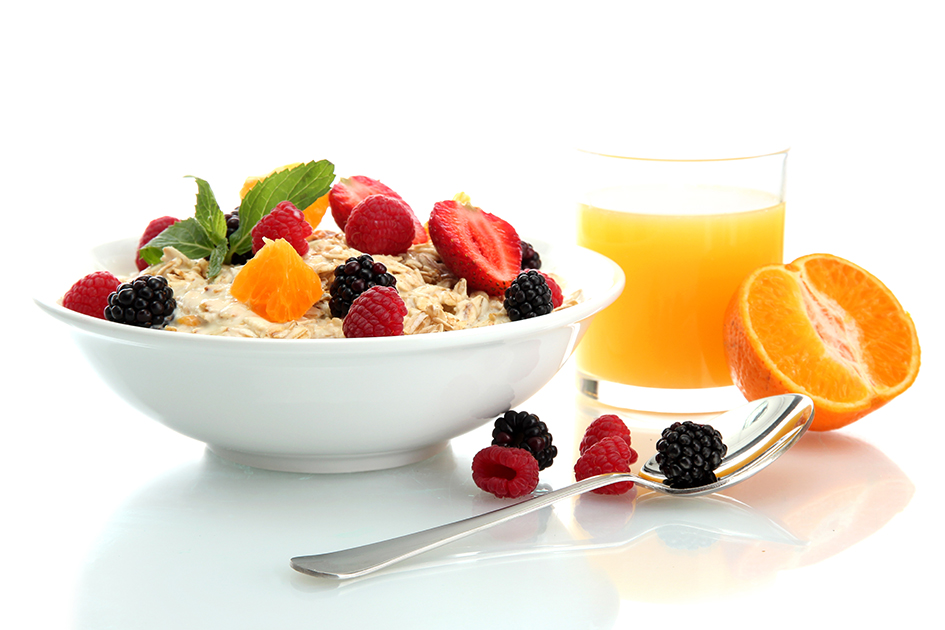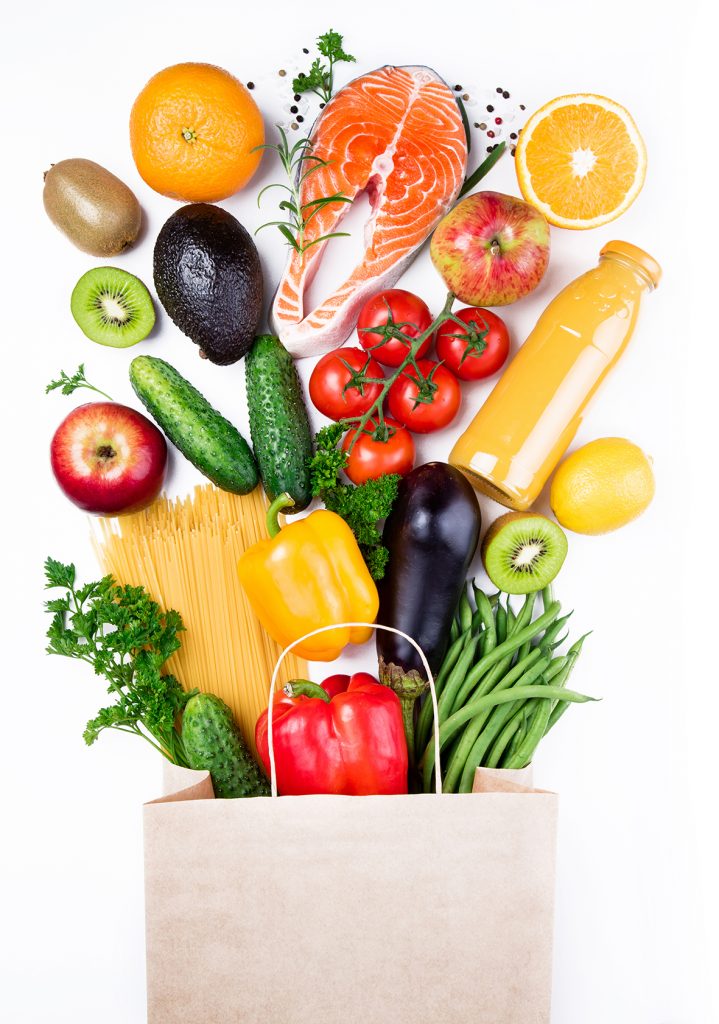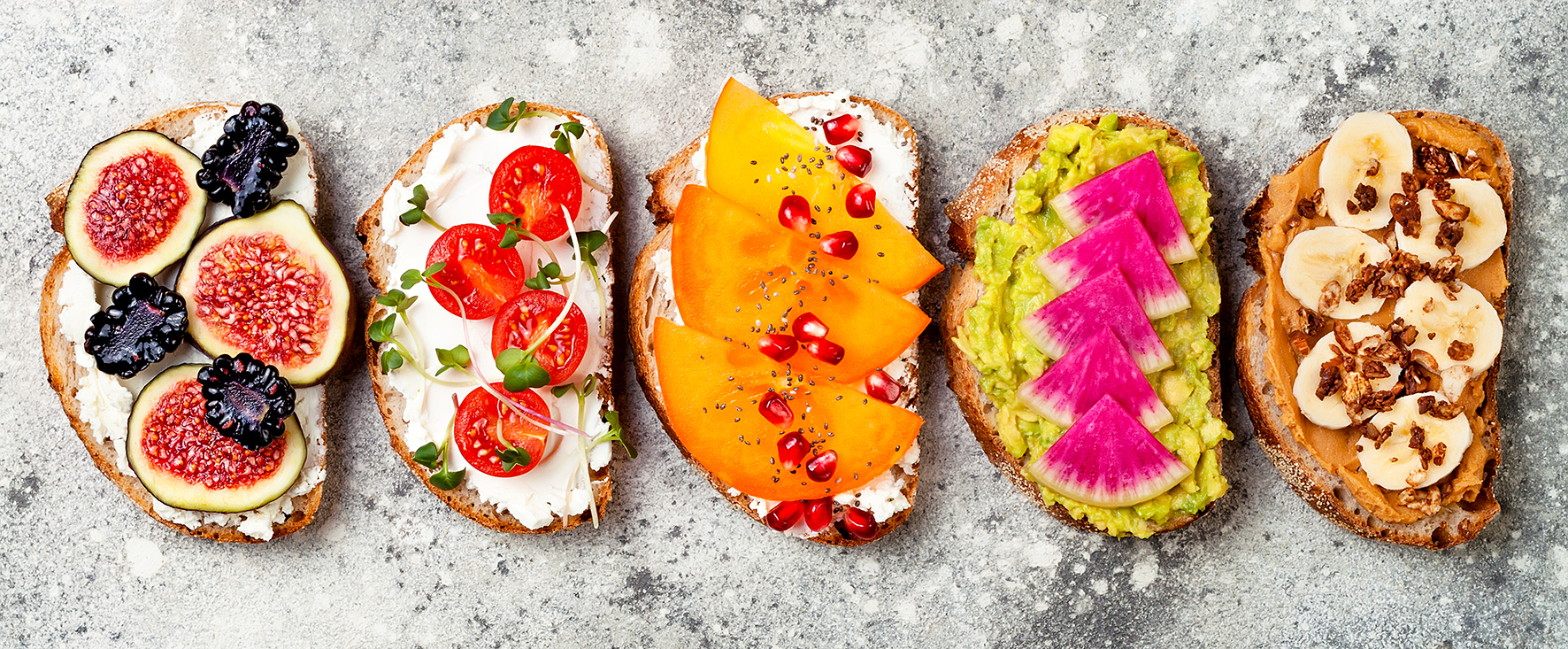As 2023 looms closer, many of us will be looking forward to overhauling our health and wellbeing routines, but what resolutions can you set that will make a real impact on your health?
Nutritionist Dr Elisabeth Philipps from health and wellness brand, fourfive, shares her five top tips to keep you feeling your best in the new year and beyond.
Start as you mean to go on

We all know by now that breakfast is vital to set yourself up for success at the start of every day. Dr Philipps recommends adding two core elements to your first meal of the day.
“Make sure your first meal of the day is packed full of protein and healthy fats. Think avocado and eggs on sourdough bread or a refreshing avocado-based smoothie to kick start your day!”
Healthy fats not only help with your heart health but also keep your cholesterol levels low while protein will keep you feeling energised throughout the day. There are tonnes of simple foods that can be added to your breakfast packed with healthy fats including:
- Nuts and seeds
- Flaxseed
- Beans
- Fatty fish like salmon, mackerel tuna or sardines
Stay hydrated
If you do anything in 2023, Dr Philipps suggests making hydration one of your top priorities.
“Keep hydrated throughout the day if you can. Keep a water bottle with you as often as you can and keep track how much water you’ve drunk. You should be aiming for around 2 litres every day, or more if you’ve completed a heavy training session or vigorous exercise. Little and often is best. Sip water regularly throughout the day and don’t just gulp a pint and then nothing else for an hour!”
Lower your caffeine intake
One of the easiest resolutions to make in 2023 which will have a long term impact on your general wellbeing, sleep and health is to reduce the amount of caffeine you’re consuming:
“Keep caffeinated drinks to a minimum where you can. If you can’t go without your regular cup of coffee or tea try to reduce how many cups you have and definitely try not to consume caffeine after 12pm. This will prevent the caffeine from interfering with your sleep pattern so you can ensure you are well rested.”

Don’t eat late at night
Dr Philipps also recommends try to get yourself in a regular mealtime routine and not to leave mealtimes too late, particularly if you’re an active person:
“Depending on your training schedule don’t eat late at night where possible. We digest food better during the day so many people with a general fitness routine would benefit from eating within a 10am to 6pm window. This type of fasting helps your metabolism, balances blood sugar and keeps inflammation in the body to a minimum.”
Avoid artificial sweeteners
Dr Philipps suggests staying clear of artificial sweeteners in drinks and supplements “we don’t need them and they may actually be harmful for us. Instead look for supplements with natural sweeteners, for example hydration tablets with stevia.”
Focusing on these manageable resolutions this New Year will help to keep your mental and physical health in check. While it’s tempting to make ambitious plans to overhaul our health, small changes to your diet and overall routine can go a long way.
Where to dine and what to eat this Veganuary





